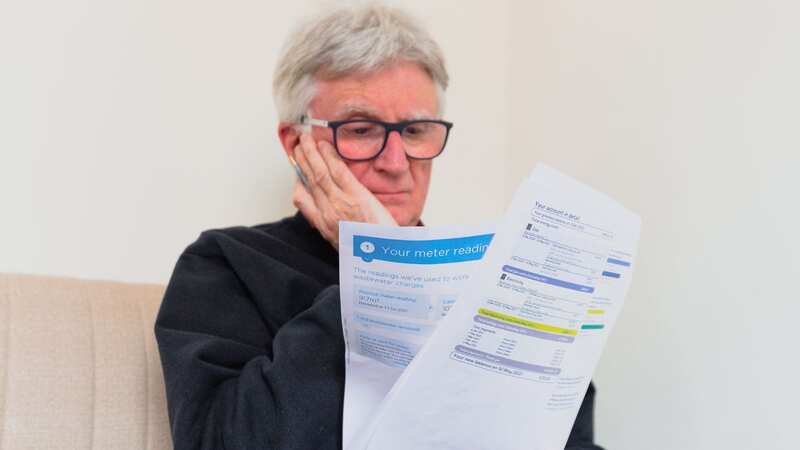
Energy prices have come down in recent months, but they’re still higher than they used to be.
The Ofgem price cap is currently set at £1,928 a year for the average dual fuel household paying by direct debit. Despite what its name suggests, the price cap doesn’t actually set a limit on how much you will pay for energy.
Instead, it sets a limit on unit rates for gas and electricity - so your total bill still depends on how much energy you're using. The headline price cap rate is used to illustrate what someone with typical energy usage can expect to pay. Ofgem assumes the average household uses 2,700 kilowatt hours of electricity and 11,500 kilowatt of gas.
The price cap also sets a limit on standing charges, which is what you pay to be connected to the grid. You should keep in mind there are different rates for prepayment customers and those who pay on receipt of their bill. The prepayment price cap is set at £1,917 a year, and £2,058 for other payment methods.
Demand for energy increased after Covid and then this was exasperated by the Russian invasion of Ukraine. At its worst, the price cap soared to over £4,000 in January 2023 - but the Government had installed a new Energy Price Guarantee which "froze" energy bills for the typical household at £2,500. This remained in place until July 2023, as wholesale prices started to drop.
 Shop prices 'are yet to peak and will remain high' as inflation hits new heights
Shop prices 'are yet to peak and will remain high' as inflation hits new heights
Will energy bills fall this year?
The good news is, analysts currently expect the Ofgem price cap to fall by hundreds of pounds from this spring. Cornwall Insight predicts the price cap will drop to £1,620 a year from April 1, before falling again to £1,497 a year on July 1.
But it then anticipates we'll see energy bills rise again to £1,542 a year from October 1. The prediction for April is seen as likely to be accurate, as we're half way through the assessment period which is used by Ofgem to decide its price cap.
Ofgem will announce its price cap for April on February 23. However, the July and October predictions are less nailed on, as there is still a few months to go before these get confirmed - so they are likely to fluctuate.
How does Ofgem calculate its price cap?
Ofgem uses lots of different factors to decide its price cap - the largest being the cost of wholesale energy. Other elements include things such as the cost of maintaining pipes and wires that carry gas and electricity, network and operating costs.
It also looks at VAT, payment method allowances and profits for the energy supplier. The assessment period for wholesale energy prices for the April price cap is November 16, 2023, to February 15, 2024.